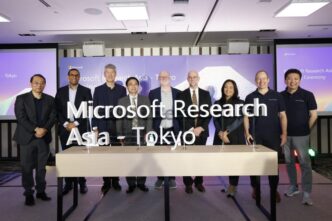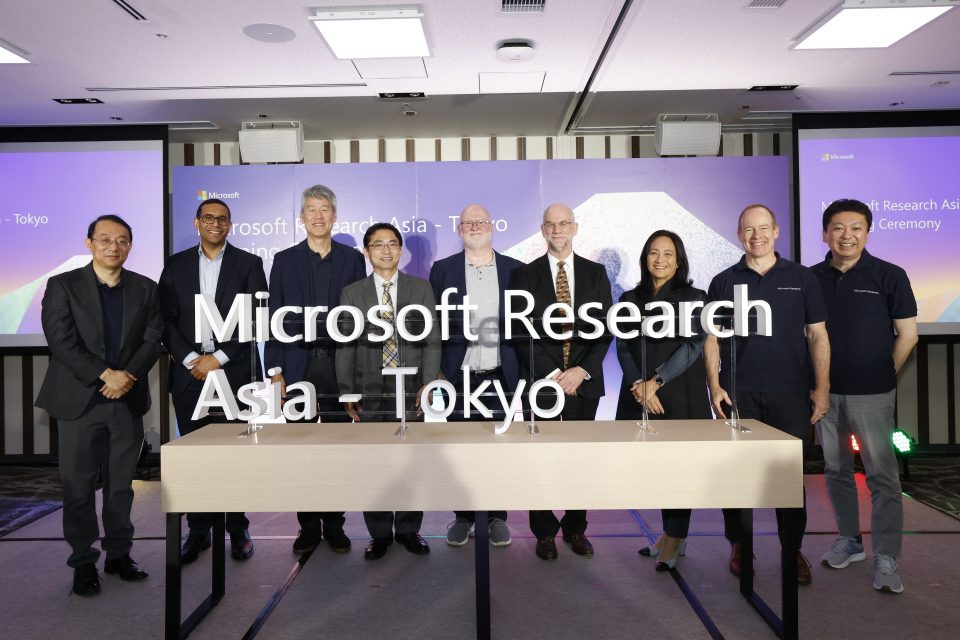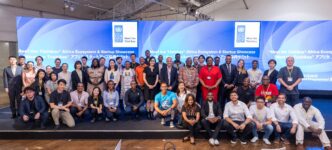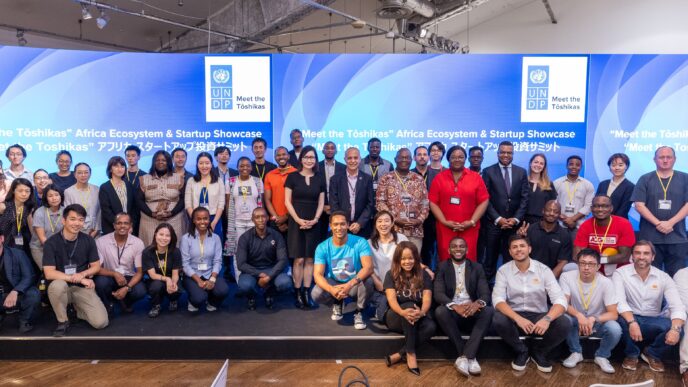Microsoft has unveiled its latest research hub, Microsoft Research Asia – Tokyo, a move that underscores the company’s dedication to advancing artificial intelligence and innovation in the Asia-Pacific region. This new lab signifies a critical step in Microsoft’s mission to harness science and technology for the greater good of humanity.
A Vision for Innovation
The Tokyo lab will focus on research areas aligned with Japan’s socioeconomic priorities, including embodied AI, societal AI, well-being and neuroscience, and industry innovation. Through these efforts, Microsoft aims to address regional challenges, foster technological advancements, and contribute to the local and global innovation ecosystem.
“Japan’s rich legacy of innovation and craftsmanship has inspired a culture of engineering excellence,” said Kevin Scott, Microsoft’s Chief Technology Officer. “We are honored to establish a research lab in Tokyo, contributing to this incredible tradition. This lab represents a significant milestone in our efforts to drive impactful advances in AI, addressing pressing regional challenges and pushing the boundaries of what technology can achieve.”
Yasuyuki Matsushita, head of the Tokyo lab, emphasized the unique opportunities this new venture brings:
“With AI evolving rapidly, we see immense potential for making meaningful contributions both locally and globally. Tokyo, as a hub of technological innovation, offers access to diverse perspectives and top-tier talent. Our lab aims to unite academia and industry experts to create groundbreaking solutions.”
Research Focus Areas
Microsoft Research Asia – Tokyo is set to tackle ambitious projects across four core areas:
- Embodied AI: Developing intelligent systems capable of interacting and navigating in both virtual and physical environments.
- Societal AI: Exploring AI’s broader societal impacts to ensure the technology serves humanity’s best interests.
- Well-being and Neuroscience: Drawing insights from neuroscience to reimagine human-AI interactions and applying AI to improve overall well-being.
- Industry Innovation: Partnering with industry leaders to address real-world challenges through interdisciplinary research.
Deepening Collaboration
The Tokyo lab strengthens Microsoft’s longstanding ties with Japan, which began in 2005 with the Mt. Fuji program. Lidong Zhou, Corporate Vice President and Managing Director of Microsoft Research Asia, highlighted this ongoing relationship:
“This lab builds on nearly two decades of collaboration with Japan’s academic and innovation communities. We’re excited to deepen these connections and advance the region’s dynamic ecosystem of technological progress.”
By working closely with local partners, the Tokyo lab will foster cross-cultural exchanges and interdisciplinary projects, promoting impactful technological breakthroughs.
Talent Development: A Core Mission
Microsoft Research Asia is committed to cultivating the next generation of innovators. The Tokyo lab will launch programs such as joint research initiatives, internship opportunities, and visiting scholar programs, offering hands-on experience to early-career professionals.
“We are looking for passionate, self-driven individuals eager to solve societal challenges,” said Matsushita. “Our goal is to create an environment where talent can thrive and contribute to global advancements in technology.”
A New Chapter for AI in Asia
The launch of Microsoft Research Asia – Tokyo represents a significant investment in the future of AI research. By expanding its presence in Japan, Microsoft aims to leverage the country’s technological strengths while contributing to the revitalization of its economy.
Miki Tsusaka, Corporate Vice President of Microsoft Japan, remarked:
“This lab is a key step toward addressing Japan’s unique societal challenges through science and technology. It will not only drive AI innovation but also support broader societal development through partnerships, investments in local infrastructure, and workforce reskilling programs.”
As Microsoft embarks on this exciting journey, it remains committed to sharing its research openly, ensuring its innovations benefit industries, communities, and the global knowledge pool.


















